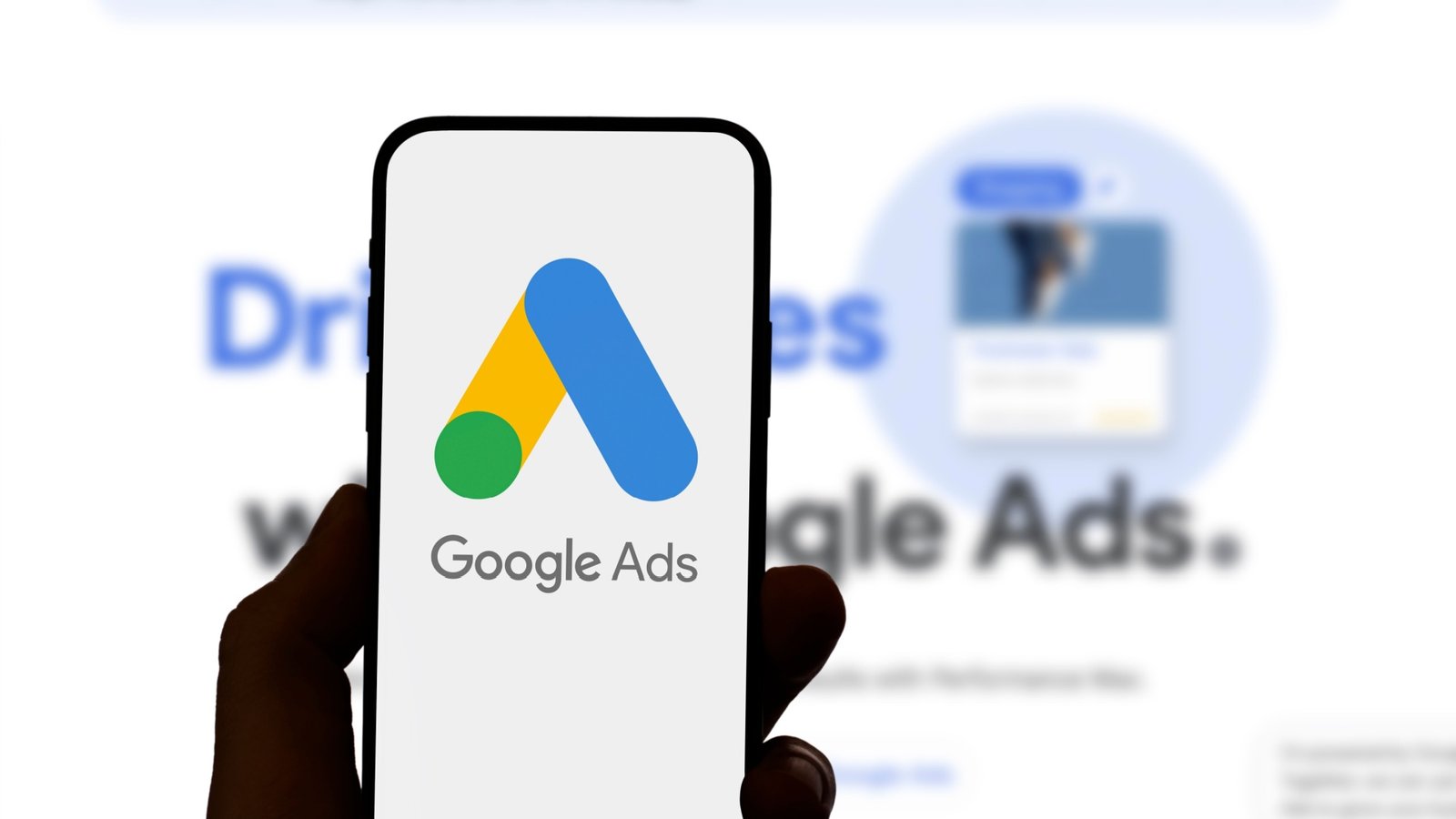Google Ads is rolling out a major policy change around how advertisers can use prescription drug terms, marking one of the biggest shifts in healthcare ad regulation on the platform in years.
What’s new. Starting Oct. 29, Google will restrict the use of prescription drug terms in ads, landing pages, and keywords, with different rules depending on location.
- In the U.S., Canada, and New Zealand: advertisers may promote prescription drugs if compliant with local laws. Certification is now required to keyword-target prescription terms, applying to online pharmacies, telemedicine providers, and pharmaceutical manufacturers.
- Everywhere else: Promotion of prescription drugs is banned. Only non-promotional uses (e.g., public health notices, academic research) are allowed. Certain certified businesses may still keyword-target these terms.
Enforcement begins Oct. 29, and Google will ramp up over four to six weeks. Advertisers will receive a seven-day warning before any account suspension.


What they’re saying. There have been either mixed or unhappy reactions to this update from the industry.
- “Pretty wild Google Ads update! You now must be certified to keyword target prescription drug terms. Keywords used to be fair game — this is a big shift, especially for mass tort advertisers.” said Anthony Higman, founder and CEO of AdSquire:
- “How does this even work with broad or phrase match? Even if you avoid a drug name, won’t AI or PMax variants still trigger it?” replied Google Ads Coach, Jyll Saskin Gales
- SEM strategist Abby Nelson found the update ironic: “We used to need LegitScript certification just for mentioning prescription terms on a landing page. Now broad match pulls in drug terms like Botox — and ads are still getting approved.”
Why we care. Advertisers may face higher compliance costs and stricter oversight. Healthcare marketers will need certification before targeting any drug-related keywords. Legal advertisers could see disruption in campaigns tied to pharma or mass tort cases.
Bottom line. Google’s tightening grip on healthcare ads marks a new era of compliance-first marketing, where even keyword targeting isn’t safe without the right certification.
First seen. The update was first spotted by Higman when he shared the above letter he got from Google on LinkedIn.
Search Engine Land is owned by Semrush. We remain committed to providing high-quality coverage of marketing topics. Unless otherwise noted, this page’s content was written by either an employee or a paid contractor of Semrush Inc.
